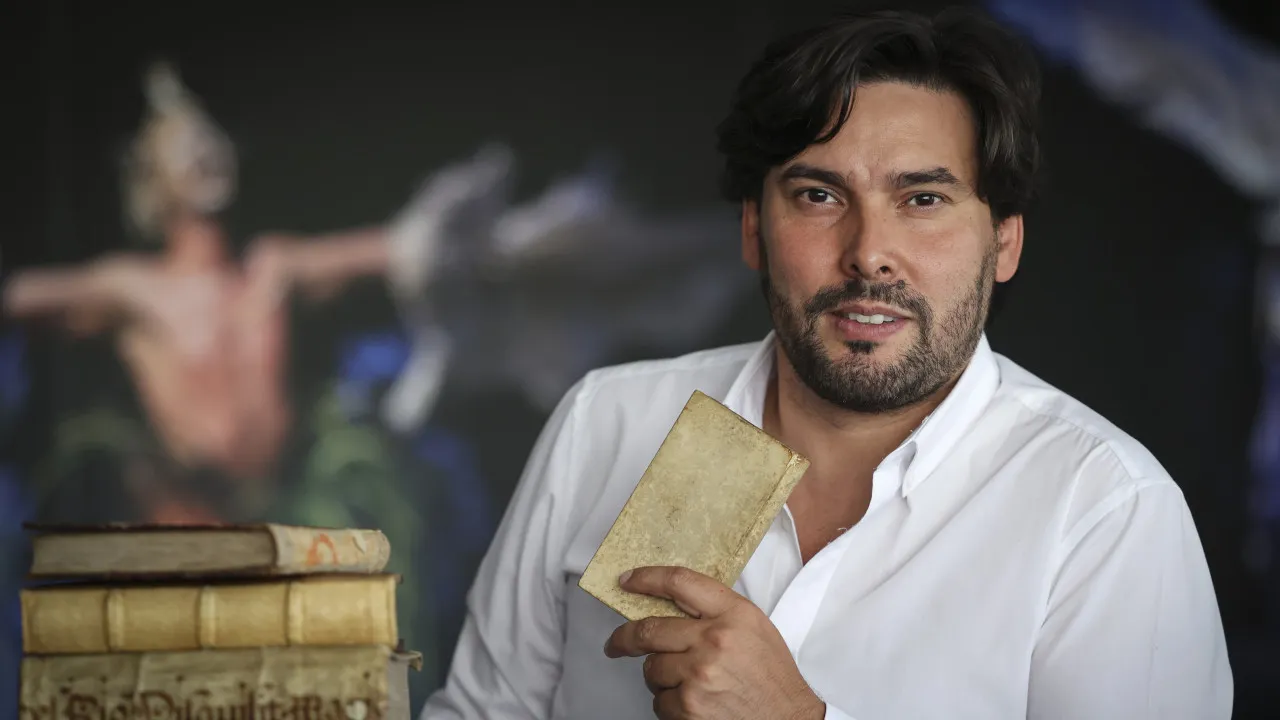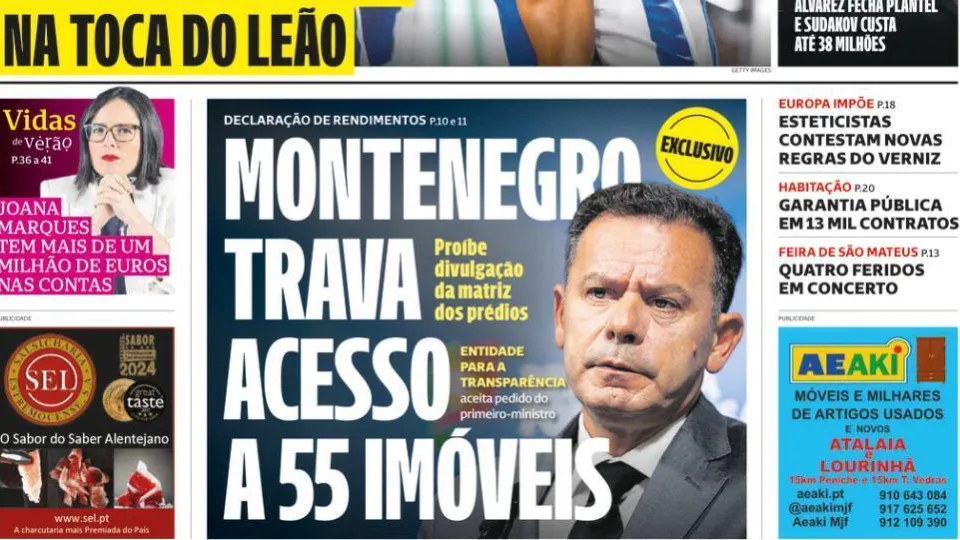
Theologian Nuno André expressed concerns about a significant gap between theological knowledge and the way the theology course operates in the Catholic Church during an interview. He highlighted a persistent prejudice that often labels those who discuss such topics as conservative or medievalist.
Publicly addressing this subject can hinder a priest’s progress within the Church hierarchy as they may be seen as out of touch with Pope Francis’s modern church spirit.
In contrast, outside Portugal, some bishops and priests use exorcism practices to align with a perceived purity of Christianity, continuing to recognize and pray against diabolic forces.
Exorcisms are not typically a debate topic within the Church, and the Catholic University lacks courses on demonology, according to André.
Having completed an exorcism course in Rome, André described the devil’s ordinary influences through temptation and sin and extraordinary manifestations through possessions and unexplained phenomena.
The book titled “Treasury of the Exorcists” presents itself as a practical defense manual against dark arts, based on ancient codices regarding hidden forces, published by Paulinas.
In recent centuries, exorcism has declined in Church priorities alongside scientific revelations that most issues were psychological or psychiatric, now resolved by science.
However, André noted that certain phenomena defy current explanations and warrant religious responses.
He observed many exorcisms functioned as placebos, enhanced by theatricality and suggestion, and identified many stage tricks as both a theologian and illusionist.
Nonetheless, the Church maintains belief in spiritual forces affecting humans and the environment, with exorcism as an authorized priest-led ritual and liberation prayers open to all.
The Vatican provides clear directives for bishops and priests on handling possible possessions, a topic explored in André’s book.
His research drew from 15th to 17th-century literature, including “Malleus Maleficarum,” detailing systematic approaches to diabolic issues.
The book illustrates how the devil’s image was crafted within Christian narrative, noting the influence of cultural contexts in creating Satan’s image.
André humorously noted that the devil historically served as a scapegoat, illustrating with biblical references to Adam and Eve’s excuses.
The book also critiques the Church’s historic sexism, especially by labeling women as witches and diabolic allies, while men were deemed sorcerers or nature-engaging healers.
This narrative unjustly vilified women and must change, André argued, as it impacts their societal roles.
He remarked that modern requests to witches remain unchanged: love, health, professional success, and money continue as the prevalent themes.




